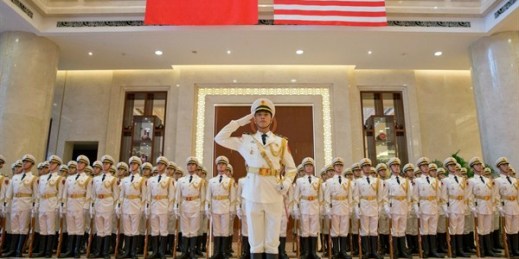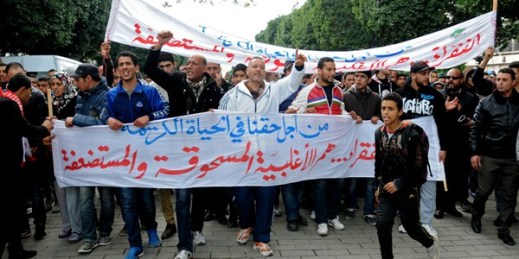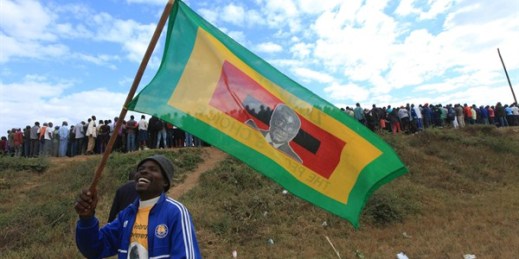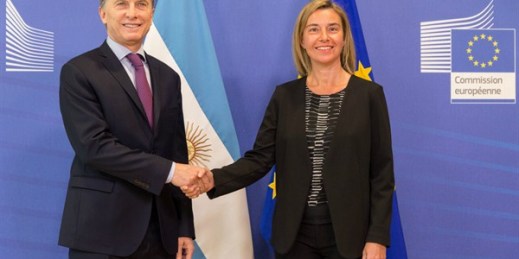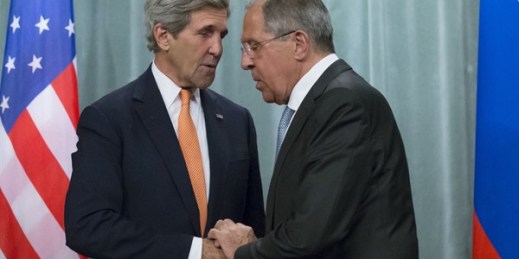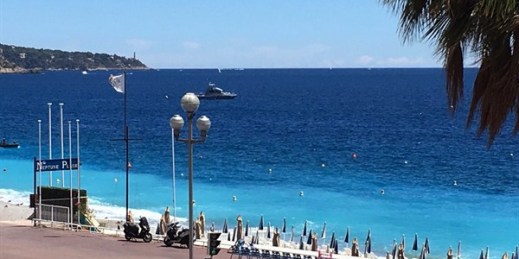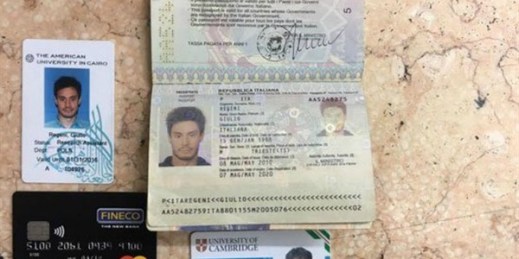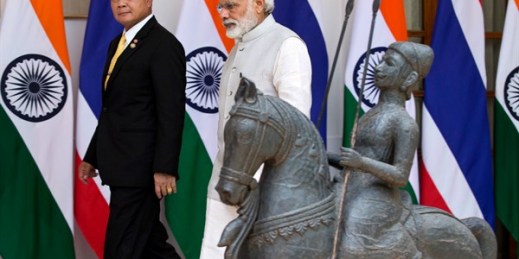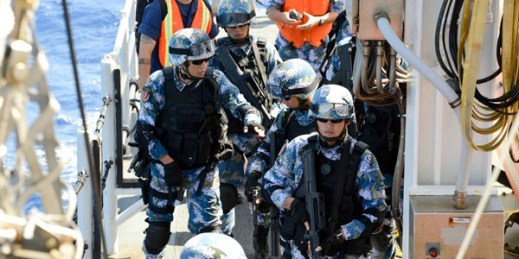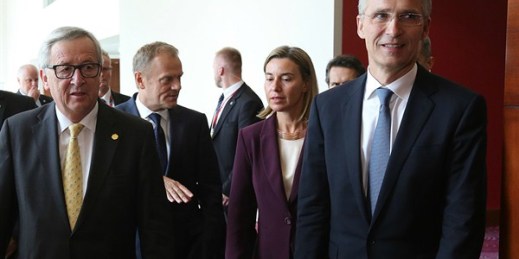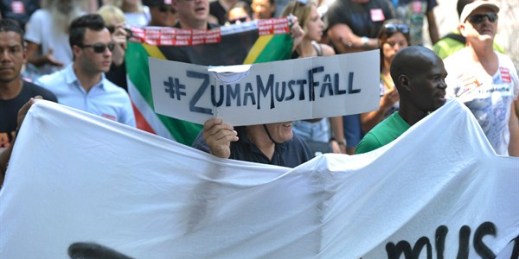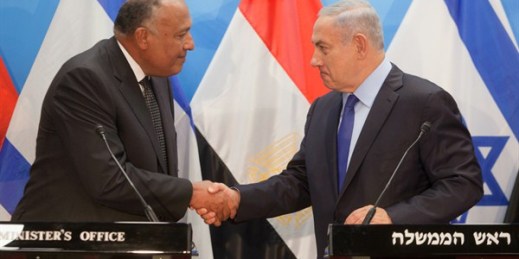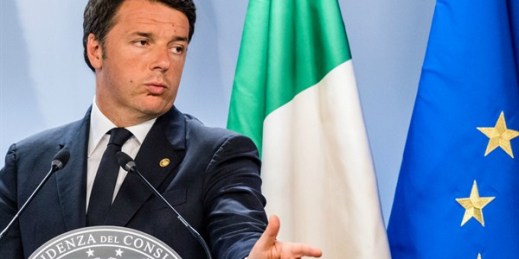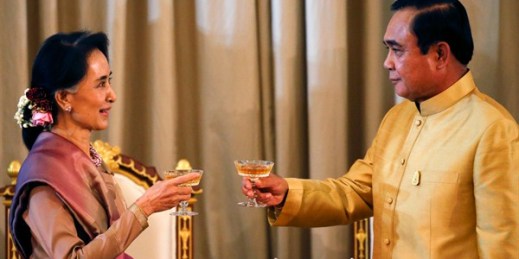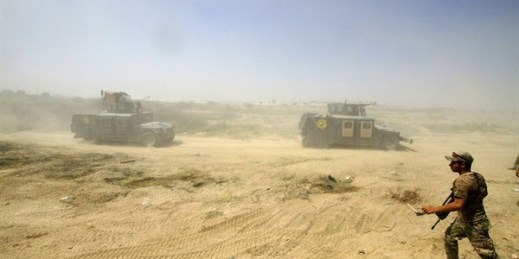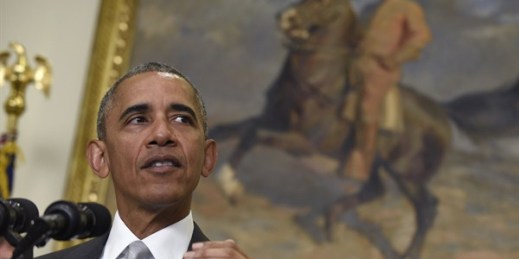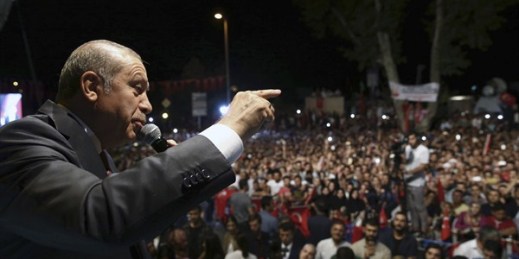
ISTANBUL—Turkey’s elected government survived last weekend’s failed coup attempt against President Recep Tayyip Erdogan, but there’s no reason to think that Turkey’s democracy will be strengthened by the outcome. Erdogan is responding to the threat by rounding up all his enemies, real and imagined, and pushing for new powers that will set back Turkey’s reputation, its economy and its capacity to be a constructive leader in the region. Erdogan has won, but Turkey has lost. For some time, tensions in Turkey have been rising over Erdogan’s ambitious plans to expand the powers of the presidency. As I discussed in last […]

